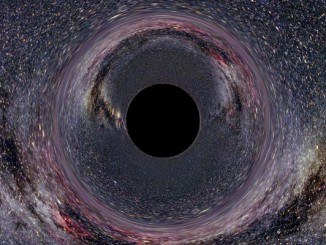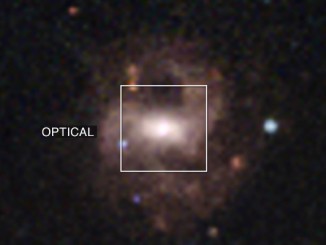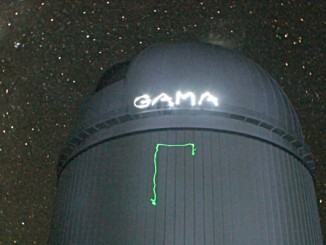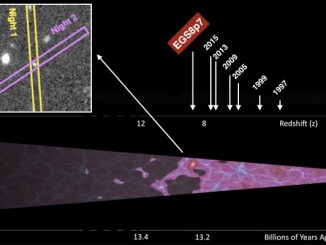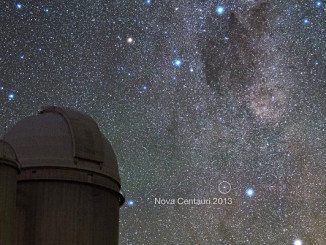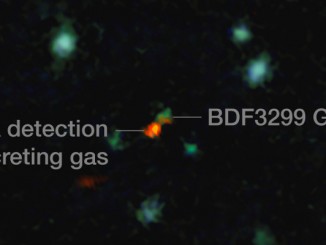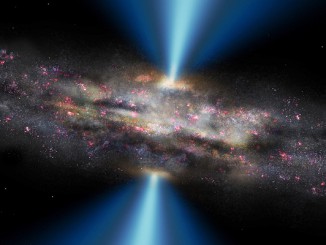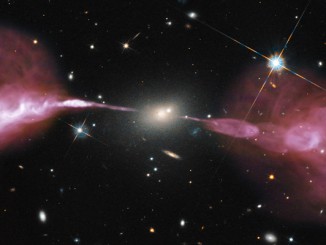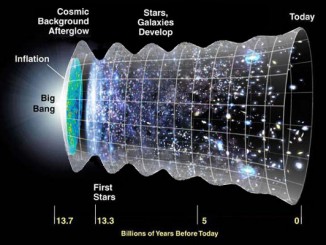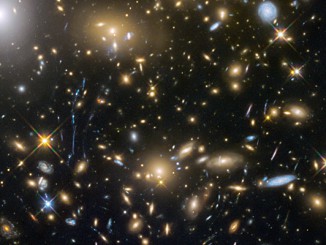
Hubble spies dwarf galaxies in Big Bang frontier fields
Hubble Space Telescope observations have taken advantage of gravitational lensing to reveal the largest sample of the faintest and earliest known galaxies in the universe, formed just 600 million years after the Big Bang. Astronomers have determined, for the first time with some confidence, that these small galaxies were vital to creating the universe that we see today.

